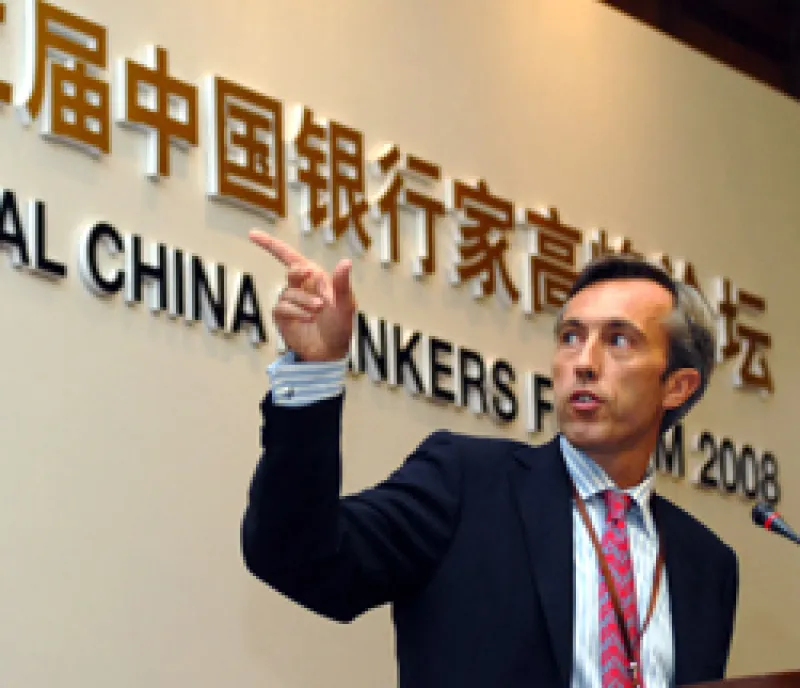
Rise of Renminbi Promises to Boost Hong Kong Status
Hong Kong’s financial sector is thriving as the rise of renminbi trading promises to extend the party.
Allen T Cheng
February 4, 2011


